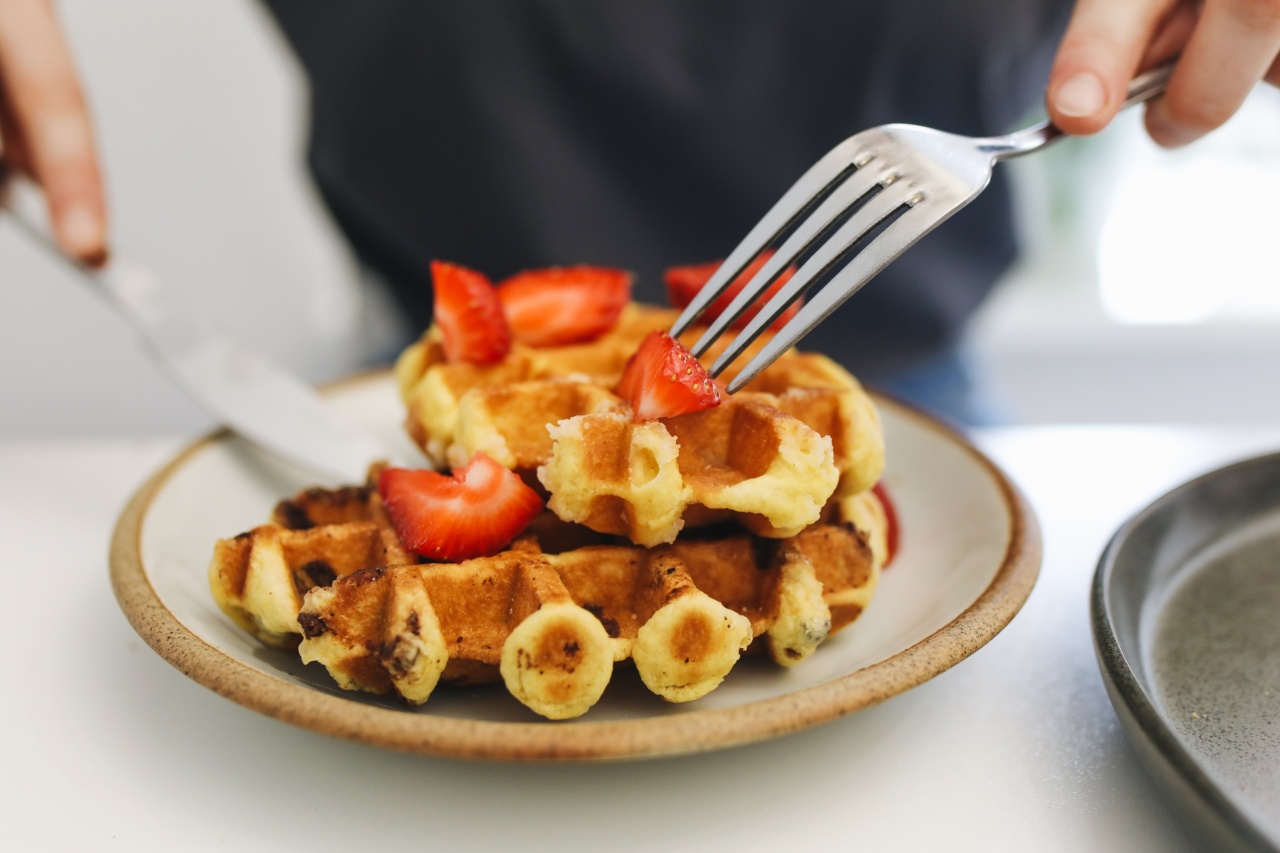As a breastfeeding mom, it’s crucial to maintain a balanced and nutritious diet to ensure a sufficient milk supply for your baby.
A well-rounded diet not only supports your baby’s growth and development but also keeps you healthy and energized. Here are some essential tips to boost milk production while nourishing your body:.
1. Consume Sufficient Calories
During breastfeeding, your body requires extra energy to produce milk. It’s recommended that breastfeeding moms consume an additional 500-700 calories per day. However, the focus should be on nutrient-dense foods rather than empty calories.
Include whole grains, lean protein, fruits, vegetables, and healthy fats in your diet to meet your calorie needs.
2. Hydrate Yourself
Staying well-hydrated is vital for milk production. Make sure to drink plenty of fluids throughout the day. Water, herbal teas, and lactation-promoting beverages such as fenugreek tea and fennel tea can help increase milk supply.
Avoid excessive consumption of caffeinated and sugary drinks as they may have a dehydrating effect.
3. Include Protein-Rich Foods
Protein is an essential nutrient for both you and your baby. Including protein-rich foods will not only boost milk production but also aid in tissue repair and cell growth.
Opt for lean sources of protein such as poultry, fish, legumes, tofu, and Greek yogurt. Incorporate these foods into your meals and snacks to ensure an adequate intake.
4. Don’t Skimp on Healthy Fats
Healthy fats are crucial for brain development and the production of breast milk. Include foods rich in omega-3 fatty acids, such as fatty fish (salmon, mackerel), walnuts, chia seeds, and flaxseeds.
Avocados, olive oil, and coconut oil are also excellent sources of healthy fats. However, consume them in moderation as they are calorie-dense.
5. Load Up on Fruits and Vegetables
Fruits and vegetables provide essential vitamins, minerals, and antioxidants that support your overall health and milk production. Aim for a variety of colorful fruits and vegetables to ensure a wide range of nutrients.
Spinach, kale, carrots, berries, citrus fruits, and papaya are particularly beneficial for breastfeeding moms.
6. Choose Whole Grains
Whole grains are a rich source of complex carbohydrates, fiber, and B vitamins. They provide sustained energy, which is essential for breastfeeding moms. Opt for whole wheat bread, brown rice, quinoa, oats, and barley over refined grains.
These fiber-rich foods also aid in digestion and prevent constipation, which can be common during breastfeeding.
7. Incorporate Galactagogues
Galactagogues are substances known to increase milk supply. Including certain foods in your diet can help stimulate lactation. Fenugreek, fennel seeds, blessed thistle, oats, and brewer’s yeast are some commonly used galactagogues.
Consult your healthcare provider or a lactation consultant before incorporating these foods to ensure they are suitable for you.
8. Limit Processed and Junk Foods
While occasional indulgence is fine, it’s essential to limit processed and junk foods as they are typically low in nutrients and high in unhealthy fats, sugar, and salt.
These foods provide empty calories that won’t support your overall health or milk production. Opt for healthier alternatives whenever possible.
9. Avoid Certain Foods and Allergens
Some babies may be sensitive or allergic to certain foods that you consume while breastfeeding. Common allergens include cow’s milk, eggs, peanuts, tree nuts, soy, and wheat.
If you notice any adverse reactions in your baby after consuming specific foods, consult your pediatrician to determine if allergies are the cause, and consider eliminating those foods from your diet.
10. Take Care of Yourself
Lastly, remember to take care of yourself both mentally and physically. Breastfeeding can be demanding, and self-care is vital for your overall well-being and milk production.
Get enough rest, manage stress levels, and seek support from your partner, family, or support groups. Don’t hesitate to ask for help when needed.





























